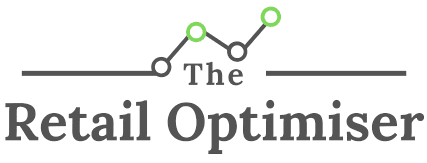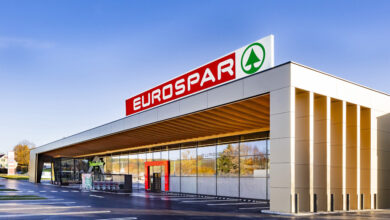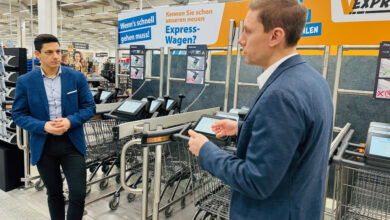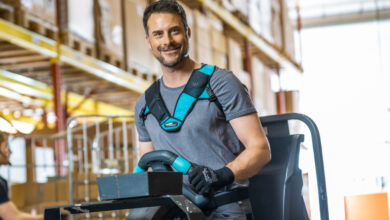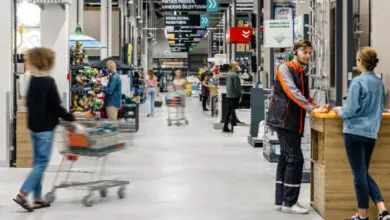Colruyt expands trial of AI-powered Smart Carts with Expresso
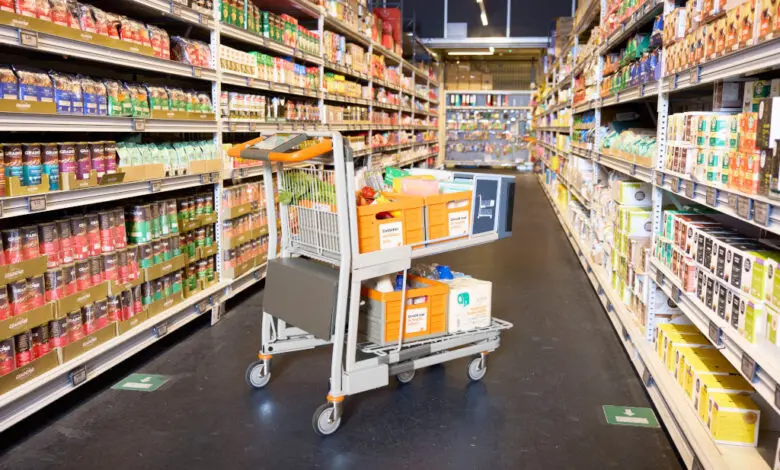
After over a year of testing its in-house developed Smart Cart with employees, Colruyt is now offering the AI-powered, self-scanning shopping trolley to customers for the first time. The Belgian market leader has placed 15 units in its Halle store near Brussels. The technology was developed in-house by Colruyt Group in collaboration with intralogistics specialist Expresso from Kassel. According to Lebensmittel Zeitung, the trial is scheduled to run until the end of this year.
In March of last year, the trolleys were restricted to Colruyt’s employees only – making the retailer the first in Belgium to bring such a solution to market. The Retail Optimiser reported. The shopping trolley is equipped with a tablet-sized display with a built-in barcode scanner. Using sensors, camera technology and artificial intelligence, the cart checks that the products are scanned correctly and additionally weighs them.
Compared to the early prototype, the current version of the Smart Shopper EyeQ integrates five cameras, three weigh cells and a dedicated Nvidia processor. The cameras capture product barcodes even when they are tilted or poorly aligned, while sensors and weigh-cells double-check registration to prevent errors or fraud.
Scanless future in development
The development is not yet complete on the software side. According to Lebensmittel Zeitung, in the future, the installed cameras combined with edge computing will be able to recognise products without scanning barcodes. “We have chips from Nvidia inside, which provide a great deal of power”, says Dr Alexander Bünz, CEO of Expresso. For now, Colruyt is using the cameras exclusively for barcode scanning.
Fresh produce is now handled through new AI-based Smart Scales which are placed in the store. The solution builds on Colruyt’s Easy Checkout technology. The Retail Optimiser reported. “The Smart Scale in our fresh market recognises fruit and vegetables using an AI algorithm. This AI model has also been trained to recognise products even when placed in reusable bags,” says Max Van Sande, Project Manager of the Smart Cart: “In more than 98 per cent of cases, we can immediately suggest the correct product.”
Colruyt works with Expresso
The trolleys have also been optimised specifically for bulk shopping: the open-frame design with two levels allows folding boxes to be placed directly into the trolley and later into the car. In Halle, customers who use the smart trolley can pay at two express checkouts using Benelux payment options Bancontact or Payconiq, with additional options planned.
The Smart Cart project has been realised with Expresso, the Kassel-based intralogistics and weighing technology specialist. Colruyt Group developed the software and AI model in-house, retaining ownership of the digital solution and associated licensing revenues, as Lebensmittel Zeitung reported. Expresso supplied the hardware, integrated weighing cells and electronics, as well as redefined frames manufactured by Marsanz.
Smart Shopper EyeQ available for other retailers
The resulting product, Smart Shopper EyeQ, will not only be rolled out at Colruyt but also offered by Expresso to other retailers. “By working closely with the Colruyt Group team, we were able to combine their expertise in retail and computer vision with our own experience in retail based on unique and highly successful solutions,” says Dr Alexander Bünz.
For years, Expresso worked closely with KBST in the development of weighing technologies and trolley solutions. Together they developed the Smart Shopper, which has been implemented by various Edeka merchants. In this project, Expresso has also provided the hardware and the weighing scales, while KBST provided software and system integration.
KBST and Expresso develop independent solutions
However, both companies are now pursuing independent paths. Expresso continues to evolve the Smart Shopper EyeQ without KBST’s technology. Meanwhile KBST has developed its own Scan Cart, a model designed to cover the entire value chain in-house. The Retail Optimiser reported. “That’s why we can offer our Scan Cart at a lower price, even though it contains significantly more and broader functions,” KBST Co-founder Max Aschoff told the Retail Optimiser team testing his new ScanBox 2.0 in his Edeka store in March. The company is currently working on integrating the new Edeka app.
Expresso has also begun a new cooperation with Cyreen, a GS1 Germany-backed start-up. Cyreen’s technology links RFID-equipped shopping trolleys with in-store digital advertising. The system records which ads customers see on screens and ties this data to actual purchases, allowing retailers and brands to measure conversion. Through the integration with Expresso’s Smart Shopper carts, the system can also identify products in real time and trigger hyper-personalised advertising impulses.
